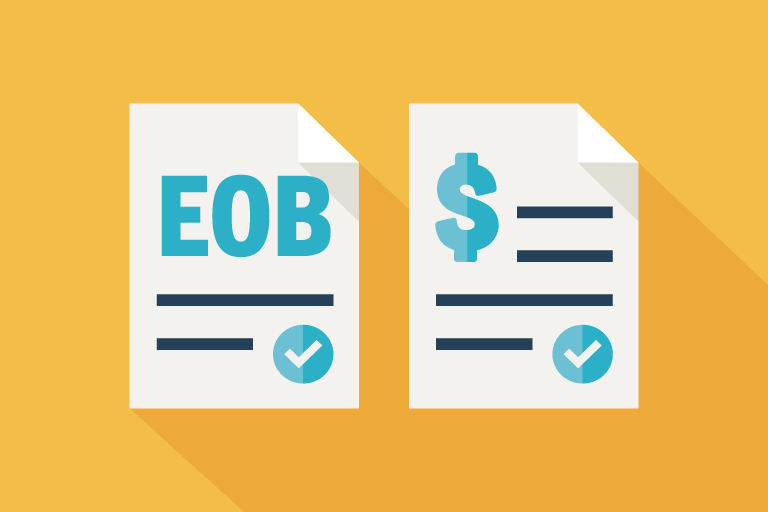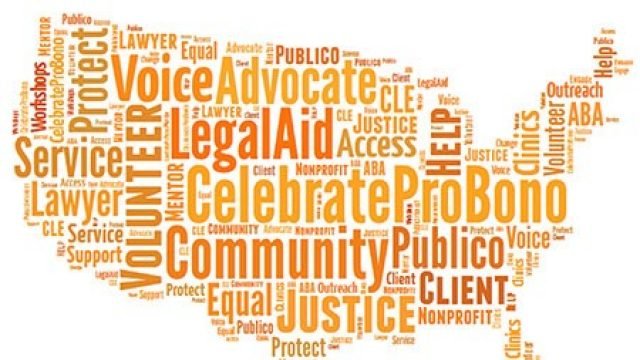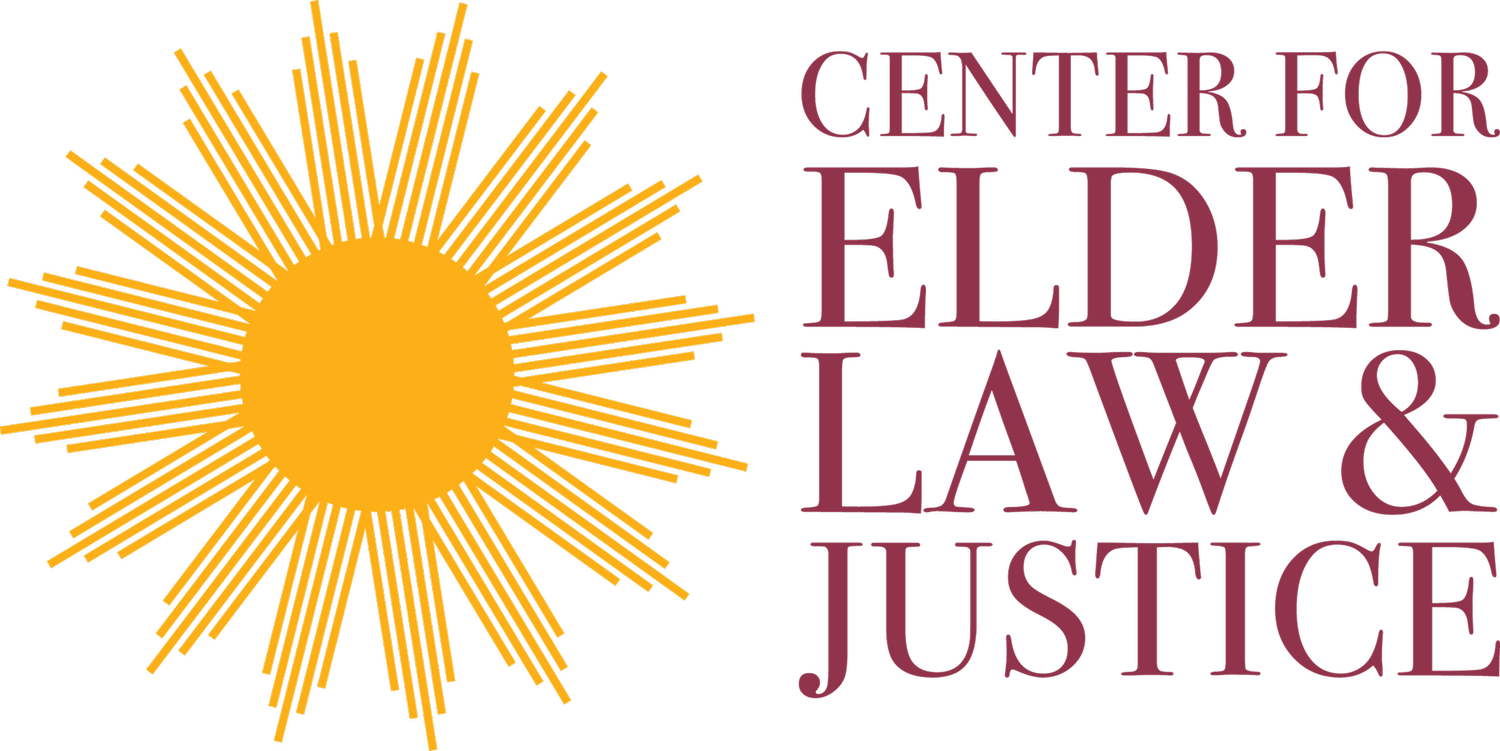BLOG
Choose a Category:
- Abuse or Exploitation 1
- Advance Planning 5
- Consumer Law 1
- Family Court 1
- General Resources 2
- Guardianship 1
- Health Care 5
- Housing 5
- Income Maintenance 2
- Internship 1
- Kinship and Family Law 11
- Kinship/Foster Care 1
- Law School 1
- Medicaid 5
- Medicaid/SSI Pooled Trust 1
- Medicare 3
- Nursing Homes 9
- Pride Resources 1
- Scams 5
- Social Work 2
Recent Posts

RESIDENT RIGHTS BOOKLET
Nursing home residents have rights that are protected by federal, state, and local laws. The right to be free from abuse and neglect, the right to self-determination, the right to be fully informed, and the right to raise grievances—to name a few—are all included in this group.

PERSONAL NEEDS ALLOWANCE
A personal needs allowance (PNA) is the monthly stipend that Medicaid recipients who live in nursing homes are allowed to keep from their income to spend on personal items and services

DID YOU KNOW YOU CAN APPEAL YOUR EXPLANATION OF BENEFITS?
Every time you visit a health care provider you receive an Explanation of Benefits (EOB) from your insurance provider. This is an important document that you should keep for your records. The EOB will show you the amount your health care provider billed for the visit, the amount your insurance company paid and the amount you could potentially owe. The EOB is not a bill. If you owe any money, you will receive a separate bill from your health care provider

UNDERSTANDING PHARMACY BILLS IN NURSING HOMES AND ASSISTED LIVING FACILITIES
For residents and their family members, receiving a pharmacy bill that does not bill for insurance can be expensive. Contact your insurance company prior to an individual moving into an assisted living facility or nursing home to understand filling prescription requirements so you are not surprised by a facilities pharmacy bill.


Power of Attorney and Joint Ownership: A Primer
At the Center for Elder Law and Justice, we commonly see clients who have both a Power of Attorney and bank accounts held jointly. Sometimes these individuals (the Power of Attorney agent and Joint owner) are the same, other times they are different.

RECOGNIZING ALZHEIMER’S AND BRAIN AWARENESS MONTH
In recognition of Alzheimer’s and Brain Awareness Month, we at the Center for Elder Law & Justice want to acknowledge the dedicated caregivers who work hard to provide the best quality of life for their loved ones.

PRo Bono Spotlight: Why Pro Bono?
Why pro bono?
Hear from long-time volunteer attorney Benjamin S. Cranston, Esq., Senior Associate at Phillips Lytle, on what has motivated him to volunteer with CELJ for half a decade…

What Is A “Charge Off” On My Credit Report?
A “charge off” on your credit report means that the creditor wrote your account off as a loss for their own purposes. This does not mean that the debt is not valid or owed, but the creditor is no longer pursuing the debt.

Social Workers in the Legal Settings
The Center for Elder Law and Justice joins many organizations across the nation in recognizing March as National Social Work Month to honor the invaluable contributions of social workers.

Home Improvement Scams on the Rise
As summer continues, Center for Elder Law and Justice has noticed a spike of home improvement scams, or contractor scams. What do these scams look like, and how can you protect yourself and your equity?

medicaid dental expansion - marc gull
Topics in this Blog
1. What was the old rule?
2. What were the side effects of this old rule?
3. What procedures are now covered by Medicaid?
4. Why did the rule change?

DO YOU KNOW YOUR RIGHTS WHEN PARTICIPATING IN SUBSIDIZED HOUSING?
According to the Code of Federal Regulations (C.F.R.), landlords and tenants have specific rights and requirements when participating in Section 8 housing. 24 CF.R. § 982 is the governing federal law for Section 8 tenant-based assistance.

Kinship Care Permanency Options - maura Graham
Kinship Caregivers, defined as the full-time nurturing or care of a child by a relative or other adult with a kinship bond, are faced with a variety of custody and permanency options. The goal of family court is always “return to parent,” meaning that the family court system is committed to helping parents gain the skills and resources they need to properly care for their children. Although the goal is “return to parent,” there are other options available when “return to parent” is not a possibility. This article focuses on the following permanency options available for Kinship Caregivers:

BENES- WHAT DOES IT MEAN FOR MEDICARE? - Marc Gull
BENES stands for the Beneficiary Enrollment Notification and Eligibility Simplification Act. The BENES Act is a bipartisan bill that was sponsored by Bob Casey (D-PA) and Todd Young (R-IN). This proposed law enacts small changes to Medicare.
